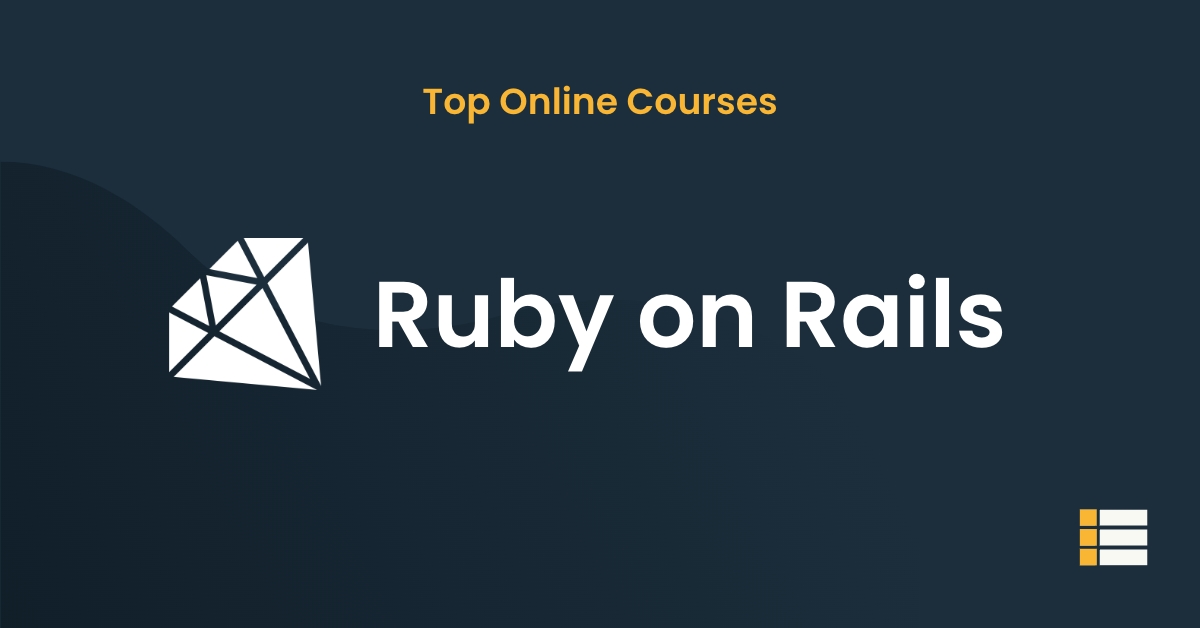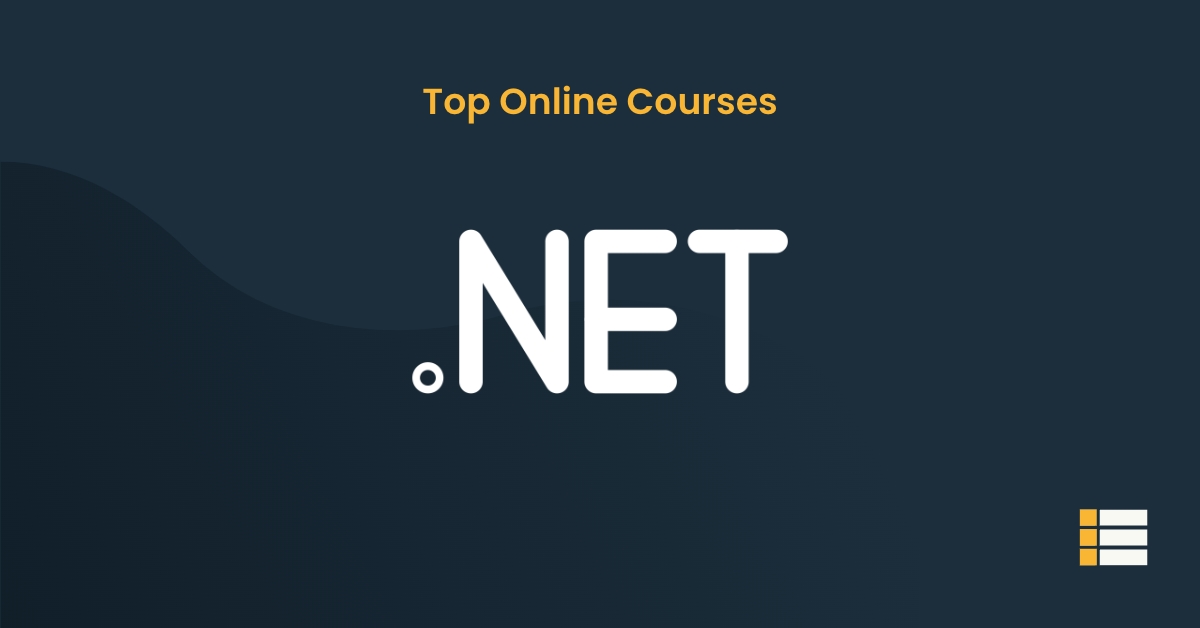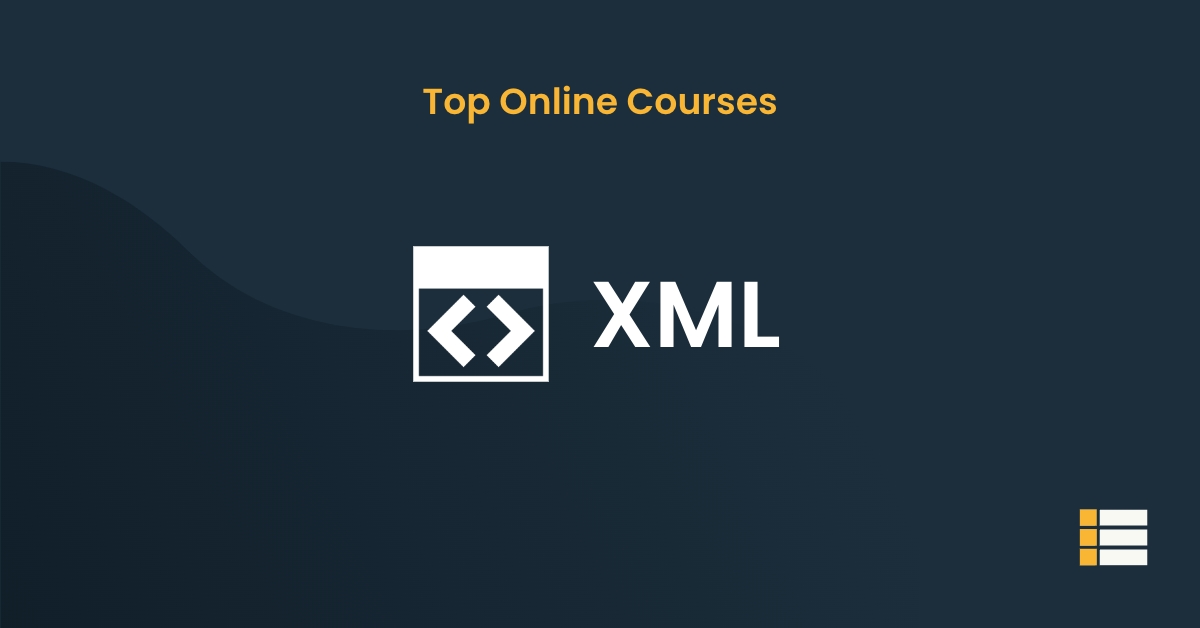If you want to learn Ruby programming, there are a few ways you can go about it. You can attend a coding bootcamp, take an online course, or even teach yourself.
Table of Contents
Learning Ruby Online: A Student’s Guide
Why learn Ruby?
Ruby is a versatile language that can be used for web development, scripting, and software engineering. The Ruby programming language was created in the mid-1990s by Yukihiro “Matz” Matsumoto.
Matsumoto was inspired by languages like Perl and Smalltalk when he designed Ruby. The language is known for its ease of use and its flexibility.
Ruby is a great language for beginners. It is easy to read and write, and there is a large and supportive community.
Ruby is also a good choice for web development. Ruby on Rails is a popular web application framework that is written in Ruby.
There are many reasons to learn Ruby. The language is versatile and can be used for a variety of tasks. Ruby is also easy to learn, and there is a large community of Ruby developers who can help you if you get stuck.
If you are interested in web development, Ruby on Rails is a great framework to learn.
Getting started with Ruby
To get started with Ruby, you will need a text editor. There are many different text editors available, but we recommend Visual Studio Code for beginners.
Once you have installed Visual Studio Code (see tutorials for visual studio), you can open it and create a new file. To do this, go to File > New File. In the new file, you can start typing Ruby code.
The, there are plenty of resources available for learning Ruby.
Our list of courses above is a great place to start, you can also try some of the following:
- The Ruby Language homepage (http://www.ruby-lang.org/)
- The “Pickaxe” book, otherwise known as “Programming Ruby” (
- Ruby in Twenty Minutes
- Ruby fundamentals at pluralsights
- Ruby Koans
What you can do with ruby
Ruby is a versatile language that can be used for a wide variety of tasks. Here are some of the things you can do with Ruby:
- Web Development: Ruby can be used to create server-side web applications. Popular Ruby web frameworks include Ruby on Rails and Sinatra.
- Command Line Applications: Ruby can be used to create command line applications. These are programs that can be run from the terminal.
- Desktop Applications: Ruby can be used to create desktop applications. These are programs that have a graphical user interface and can be run on a computer like any other program.
- Mobile Applications: Ruby can be used to create mobile applications. These are programs that are designed to run on mobile devices such as phones and tablets.
- Games: Ruby can be used to create games. These can be simple text-based games or more complex games with graphics and sound.
How to choose a ruby course
Choosing a ruby course can be difficult with all of the different options available.
You want to make sure you choose a course that is comprehensive and covers all of the topics you are interested in. There are a few different ways to find a course that is right for you. The first way to find a course is to look online.
There are many different websites that offer ruby courses. You can read reviews of the courses to see what other people think.
You can also look at the course curriculum to see what topics are covered. Another way to find a course is to ask people you know who have taken a ruby course.
They can recommend a course to you based on their experience. Once you have found a few courses, you can compare them to see which one is the best fit for you.
Make sure to look at the price, the content, and the reviews before you make your decision.
Frequently Asked Questions
Is Ruby easy to learn?
Many experienced programmers find Ruby easy to read and write, and beginners often find Ruby easier to learn than other languages. While Ruby is not as widely used as some other languages, it is growing in popularity and is a good choice for many projects.
Is Ruby on Rails free?
Ruby on Rails is free, it is an open source web application framework written in Ruby. Ruby on Rails is free to use and is released under the MIT License.
Is Ruby still good to learn?
Yes, Ruby is still good to learn. Ruby on Rails is a popular web development framework, and Ruby is a versatile, powerful programming language. It’s easy to learn for beginners, and it has many advanced features for more experienced programmers.
Is Python easier than Ruby?
Some people find Python easier to learn than Ruby because of its explicit syntax and clear structure. Additionally, Python is a popular language with a large community of developers, which means there is a wealth of resources available to those who are just starting out. On the other hand, Ruby is often lauded for its elegance and expressiveness, and many find its code to be more readable than Python. Ultimately, it comes down to personal preferences and which language feels more intuitive to you.
What is the difference between ruby and ruby on rails
Ruby is a programming language. Ruby on Rails is a web application framework written in the Ruby programming language.
Conclusion
Although there are many ways to learn Ruby online, the most effective way is to find a reputable tutorial or course that provides clear and concise instruction.
Additionally, it is helpful to find a community of other Ruby learners to ask questions and share code. With a little effort, anyone can learn Ruby online.


 Online course by
Rob Percival
Online course by
Rob Percival

 Online course by
John Elder
Online course by
John Elder
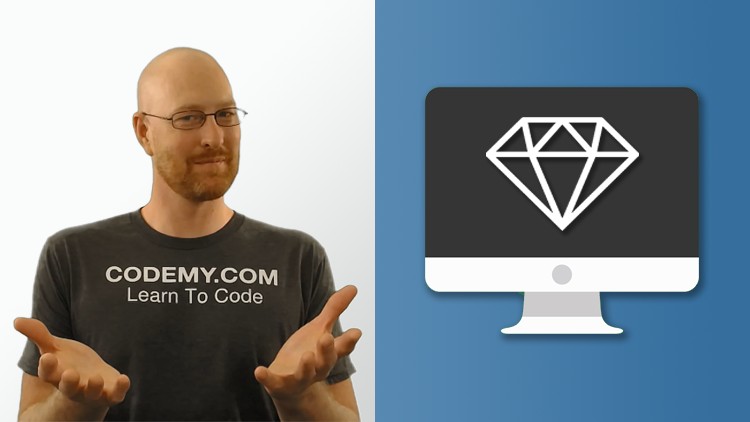
 Online course by
John Elder
Online course by
John Elder

 Online course by
Mashrur Hossain
Online course by
Mashrur Hossain
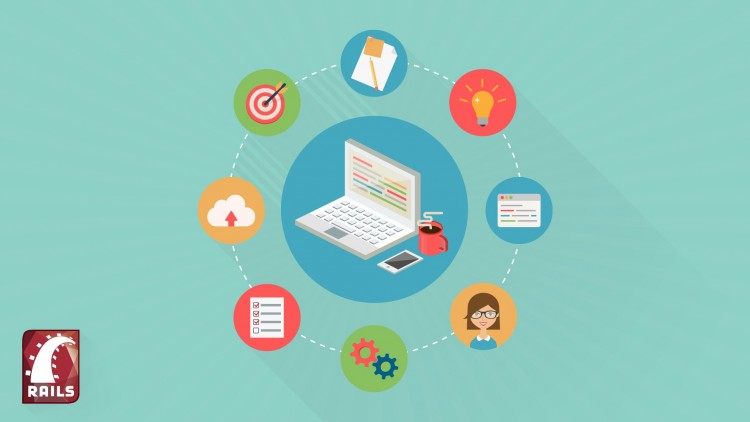
 Online course by
Alex Yang
Online course by
Alex Yang
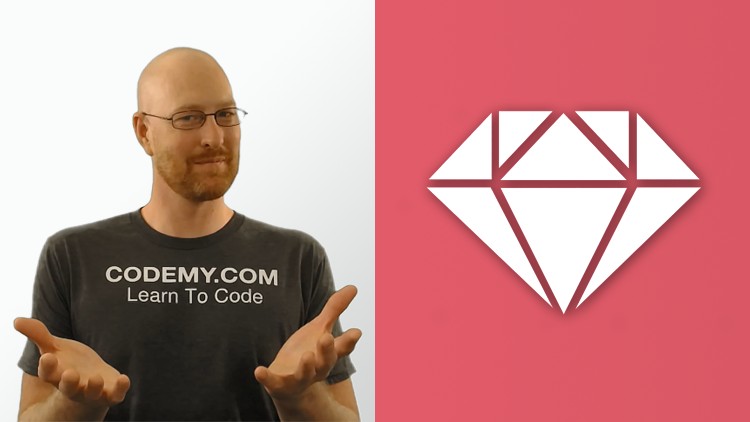
 Online course by
John Elder
Online course by
John Elder
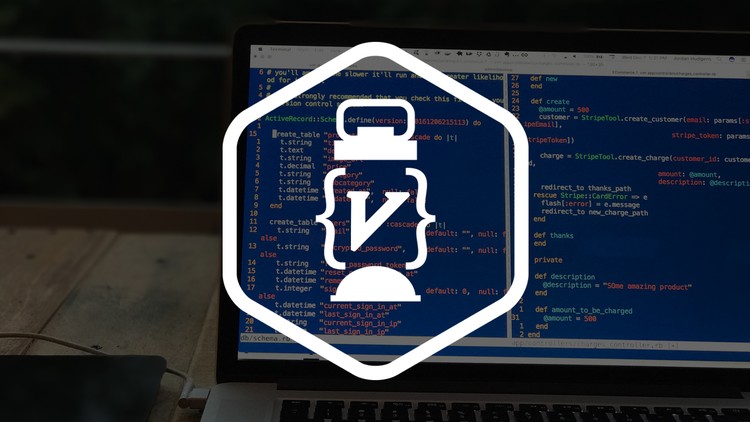
 Online course by
Jordan Hudgens
Online course by
Jordan Hudgens

 Online course by
Huw Collingbourne
Online course by
Huw Collingbourne

 Online course by
Testing World
Online course by
Testing World
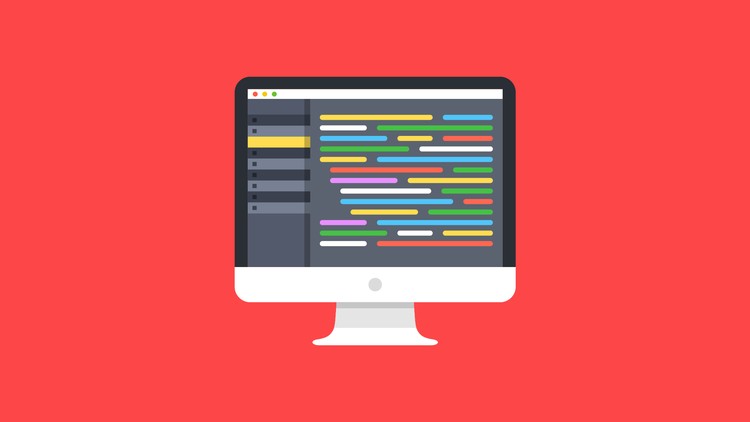
 Online course by
Packt Publishing
Online course by
Packt Publishing
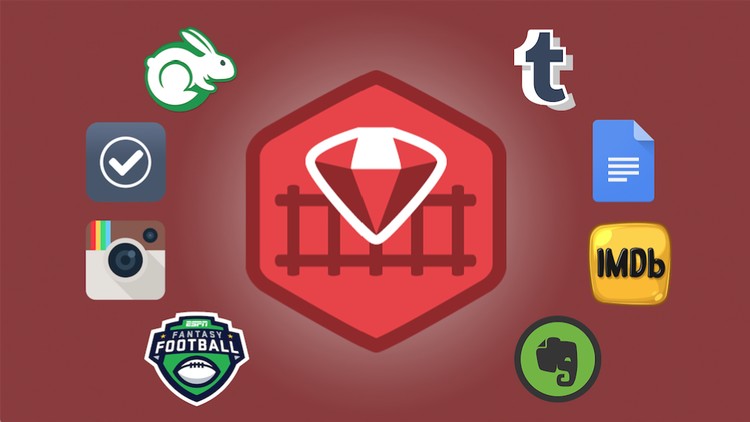
 Online course by
Yonathan Ayenew
Online course by
Yonathan Ayenew

 Online course by
Stephen Chesnowitz
Online course by
Stephen Chesnowitz
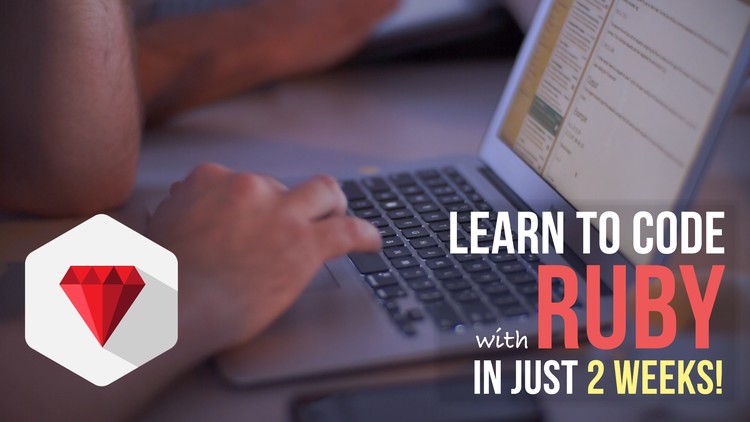
 Online course by
Dan Draper
Online course by
Dan Draper

